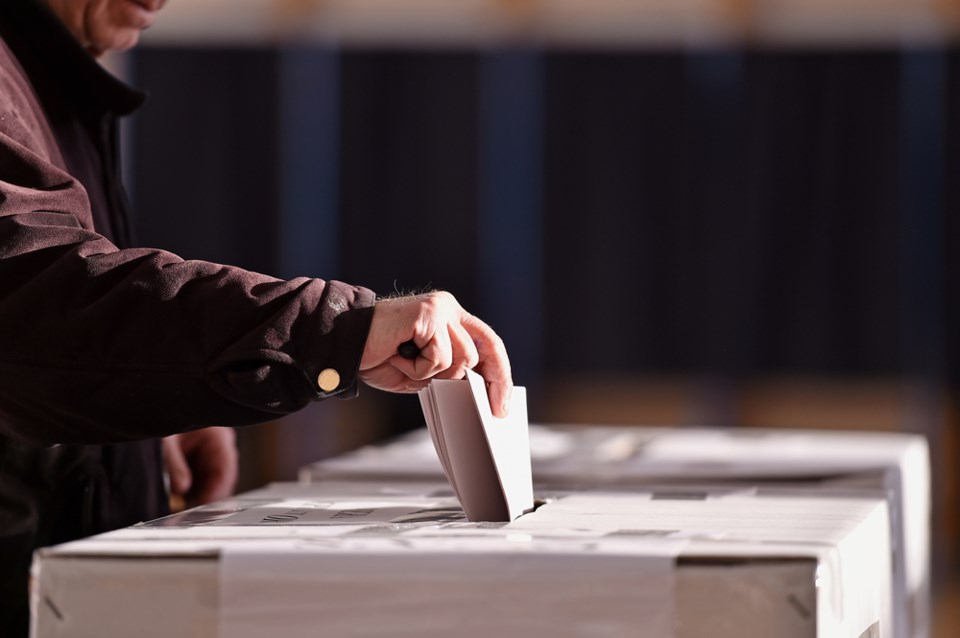THUNDER BAY – The era of telephone voting has come to an end in Thunder Bay, as voters increasingly turn to the internet to cast their municipal ballots.
The city will no longer offer the option in the 2022 election, staff reported to city council on Monday, citing low uptake.
Roughly five per cent of the 41,246 voters in Thunder Bay’s 2018 municipal election cast their ballot by telephone, amounting to 2,101 people.
That compares to nearly 58 per cent who voted online as the option was offered for the first time, and 37 per cent who voted in person.
The possibility of ending telephone voting was reviewed by the city’s Accessibility Advisory Committee in June, city staff reported, with no major objections.
“There is little concern that the removal of telephone voting will impact voter turnout as there are opportunities available to use online voting as well as accessible voting options… in place at polling stations,” in addition to a proxy voting option, read a report from the city clerk’s office.
The city's usual standard is to offer at least one in-person polling station in every ward, said clerk Krista Power.
A more in-depth “accessibility plan” for the 2022 election will be reviewed by the committee and presented to council at a later date.
The report also noted that telephone voting had prompted the largest number of voter complaints in 2018.
Preparations for the 2022 election will also involve COVID-19 contingency plans such as mail-in voting, drive-through polling stations, and assistance from paramedics for voting in long-term care and assisted living facilities.
The budget for the upcoming election is estimated at $650,000, up from $566,600 in 2018 and $498,300 in 2014. The city report cited increased costs for COVID-19 sanitation, postage, staff wages, and more to explain the jump.
